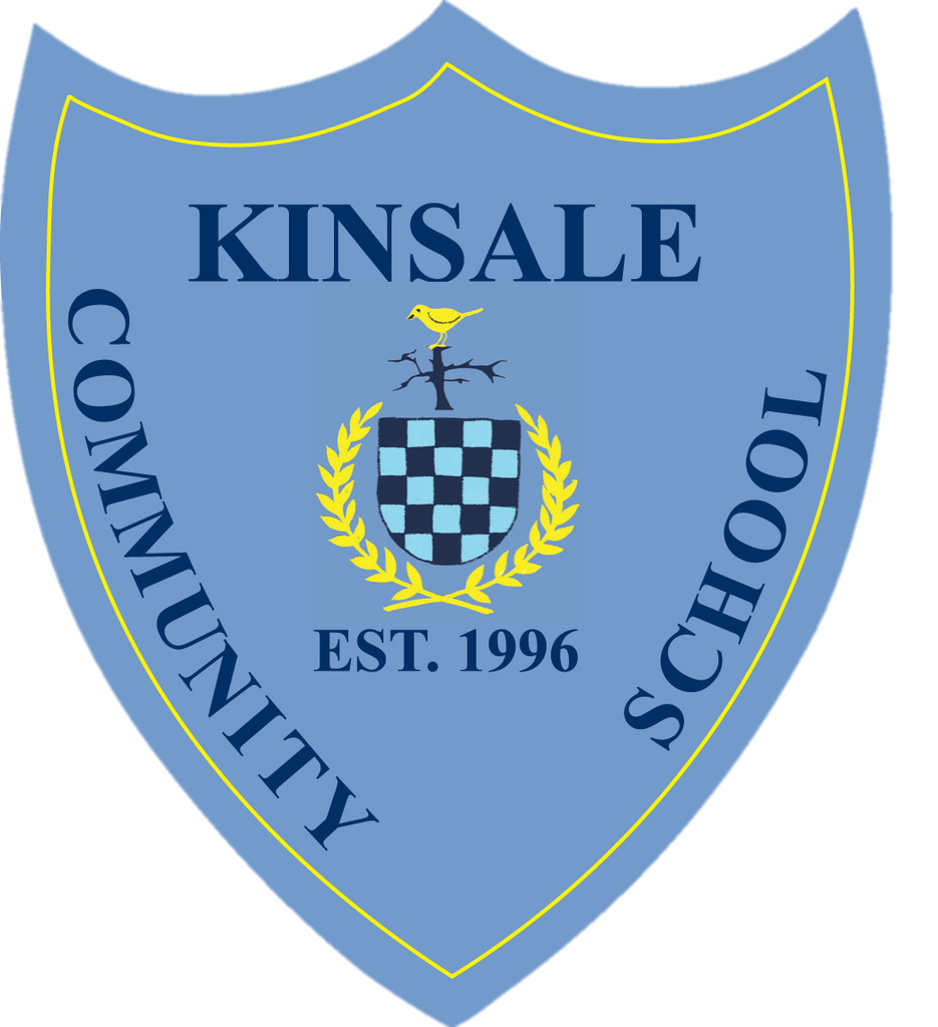SPHE Short Course
The course is divided into 4 strands which are designed to enable students to develop a positive sense of self and a commitment to caring for others.
Strand 1: Who am I?
- This strand focuses on developing self awareness and abuilding self esteem
Strand 2: Minding myself and others
- This strand provides opportunities for students to reflect on how they can best take care of themselves and others.
Strand 3: Team Up
- This strand focuses on students learning about important relationships in their lives and building relationship skills.
Strand 4: My mental health
- This strand focuses on building positive mental health, examining young peoples experience of mental ill health and learning how to support themselves and others in challenging times.
Personal Learning Diary
The nature of students learning in SPHE is concerned with attitudes, values and feelings and is personal to the individual. Students are encouraged to keep a personal learning diary for the duration of the course, where they can reflect privately on their learning in SPHE.
In Junior Cycle there are 6 indicators: Active, Responsible, Connected, Resilient, Respected and Aware. These have been identified as central to students wellbeing. Learning in SPHE provides opportunities designed to enhance each of these indicators contributing significantly to schools Wellbeing Programme.
- The inclusion of SPHE in the schools Wellbeing Programme ensures that students have a dedicated space and time to learn about themselves, care for themselves and others and make informed decisions for their health and wellbeing
Asssessment
- The purpose of assessment is to support learning. Students can provide evidence of learning in a variety of ways such as digital media, audio or written.
- Assessment is classroom based with one classroom based assessment undertaken in 2ndor 3rdyear. This includes a project and a reflection.
- The project is based on any topic related to the course and should draw upon learning from at least 2 strands of the SPHE course.
- The project can be completed in pairs or in small groups. Having completed the project students are required to complete an individual reflection.
The inclusion of SPHE in the schools Wellbeing Programme ensures that students have a dedicated space and time to learn about themselves, care for themselves and others and make informed decisions for their health and wellbeing
Students learn about important moral, physical, social and emotional issues around relationships, sex and sexuality including where to access reliable information from trusted sources.
SPHE is designed to help students become confident, happy, healthy and connected young people.
Methodologies such as group work, think pair share, video clips, icebreakers and brain storming are employed in the teaching of SPHE. The new SPHE short course emphasises the importance of student agency and engagement in the learning process as key to learning. The skills involved are vital for self- fulfilment, living in communities and for full engagement in learning beyond SPHE.
Throughout the year we invite a number of guest speakers into school and we run seminars and workshops to enhance and support the work completed in the classroom.
· 1st and 3rd years attend the ‘That’s Life Educational Programme’. This is a talk on puberty, healthy lifestyles and personal hygiene given by Margaret Crean, a nurse educator.
· TY students participate in a ‘Sexual Health Workshop’ facilitated by South West Counselling Centre.
Topics include (i) exploring myths around sexual activity (ii) sexual identity (iii) exploring the issue of embarrassment and talking about sex (iv) sexual activity in relationships (v) relationships (vi) exploring the influence of the media (vii) age of consent and consent in sexual activity (viii) internet pornography (ix) sexually transmitted infections.
· We also invite Liam Doocey from YHS (Youth Health Service) He informs the senior students about the YHS and the services they provide. These include offering STI screening, contraceptive clinic, unplanned pregnancy, counselling, general counselling, dry/alcohol counselling and sexual health information/support to young people
